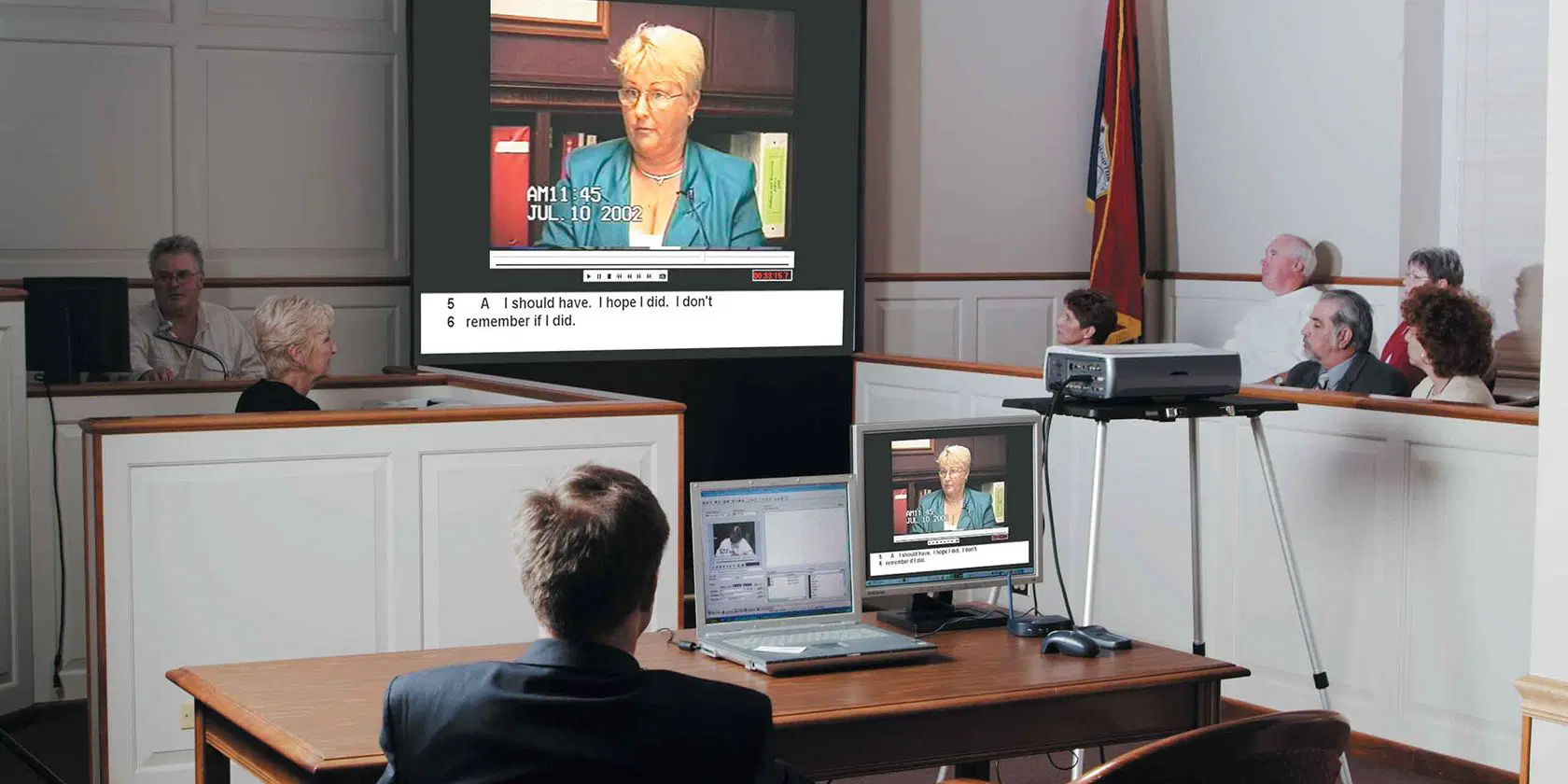The Benefits of Using Multimedia Elements in Trial Presentations
The Benefits of Using Multimedia Elements in Trial Presentations
Blog Article
Enhancing Your Legal Technique With Expert Test Presentations
In today's lawful landscape, the importance of professional test discussions can not be overstated. By transforming dense lawful ideas right into appealing stories, specialists can enhance juror understanding and retention.
Significance of Trial Presentations
Test discussions function as a critical aspect in the legal procedure, successfully linking the void between intricate legal debates and juror understanding. The capability to distill intricate lawful concepts into available stories is essential for jurors, who must make enlightened choices based on the evidence presented. A well-crafted discussion not only clears up the case but likewise boosts the persuasiveness of the argument, eventually influencing the court's perception.
In a period where interest periods are limited, the value of engaging visuals and clear interaction can not be overemphasized. Test discussions offer to capture jurors' rate of interest and keep their emphasis, permitting a deeper understanding of the truths and lawful concerns handy. They supply a structured structure that organizes the case, helping with rational circulation and comprehensibility.

Key Components of Effective Presentations
A reliable presentation in a court establishing hinges on numerous essential elements that jointly enhance its effect. Lawyers must boil down complex legal disagreements into succinct, conveniently absorbable factors to guarantee jurors comprehend the core issues.
Visual aids play a vital function also, as they can significantly enhance key messages. Reliable use of exhibits, charts, and diagrams can make clear detailed information and highlight crucial facts. Additionally, the speaker's delivery style is essential; certain, interesting communication cultivates integrity and maintains jurors' interest.
Lastly, recognizing the audience is extremely important. Customizing the discussion to the jurors' backgrounds and values can foster a connection that boosts receptivity to the debate. In recap, clarity, narrative structure, aesthetic aids, shipment design, and audience recognition are important to crafting an effective court room discussion that reverberates with jurors and supports the overarching lawful method.
Innovation in Trial Presentations
Modern courts increasingly incorporate technology to enhance trial discussions, improving the fundamental elements of effective interaction developed via clear messaging and appealing narratives. The unification of audio-visual aids, such as high-definition projectors and interactive displays, allows lawful teams to existing proof in a more engaging manner. This technology not just catches the court's attention however also facilitates a better understanding of intricate information.

Digital devices, including discussion software application and electronic exhibit management systems, improve the company and retrieval of evidence (trial click here to find out more presentations). Attorneys can swiftly reference files, photos, and video clips, guaranteeing that crucial details is conveniently obtainable throughout the trial. In addition, the use of animations and simulations can strongly show essential concepts, making them less complicated for jurors to realize
Furthermore, court room technology advertises partnership amongst lawyers, enabling real-time adjustments to discussions based on court reactions or unexpected growths. The capability to adapt on the fly is vital in keeping engagement and reinforcing arguments. As innovation proceeds to progress, its function in test presentations will unquestionably increase, using innovative methods to interact properly and persuasively in the pursuit of justice.
Storytelling Methods for Effect
Efficient narration methods are vital in providing impactful test discussions, as they transform complex lawful debates into this contact form relatable stories. A well-crafted story captivates the audience, making it less complicated for jurors to recognize and remember bottom lines.
To produce a compelling story, lawyers should concentrate on developing a clear structure with a start, middle, and end. The beginning should introduce the situation context and its importance, while the center elaborates on the core concerns, weaving forthcoming and witness testimonies that support the disagreement. Effectively, the ending should strengthen the designated message, driving home the preferred outcome.
Additionally, including emotional elements can considerably improve the narrative's effect. By humanizing the case, lawyers can stimulate empathy, enabling jurors to connect directly with the facts provided. Using vibrant imagery and anecdotes can likewise assist in showing complicated styles, making them a lot more concrete and unforgettable.

Tips for Application in Court
Executing narration techniques in court needs cautious planning and implementation to guarantee that the story resonates with jurors. Begin by recognizing the core message of your case and straightening it with the psychological and accurate elements that will certainly engage the court. Create a clear and engaging narrative arc that includes an introduction, an advancement of dispute, and a resolution.
Make use of visual aids to boost storytelling; exhibits, timelines, and multimedia presentations can help highlight complicated concepts and keep juror interest. Exercise your delivery, guaranteeing that body movement, tone, and pacing follow the psychological weight of your tale.

Conclusion
In final thought, professional trial presentations play a crucial function in boosting legal strategies by properly communicating intricate disagreements to jurors. The integration of aesthetic help, clear narratives, and psychological storytelling promotes juror he has a good point engagement and comprehension.
Report this page